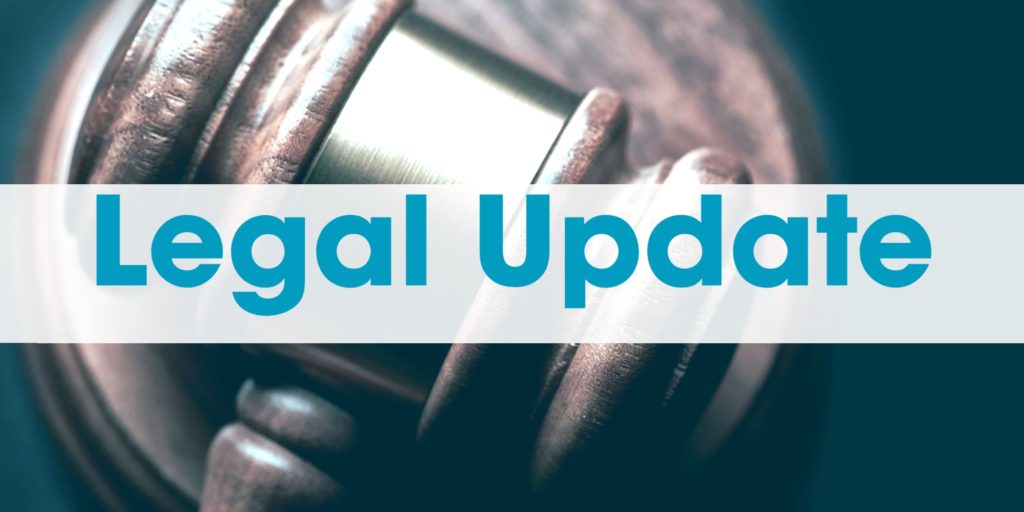25 Sep Keeping Political Discussion Civil at Work
 Political discussion has and will continue to be a reality in many work environments. Work can already be a stressful place for many, with political discussion adding an additional stressor for employees—and in many cases, an additional concern for employers. While disagreement in and of itself isn’t always a detriment to all workplaces, political discussion can negatively affect the work environment for many employees.
Political discussion has and will continue to be a reality in many work environments. Work can already be a stressful place for many, with political discussion adding an additional stressor for employees—and in many cases, an additional concern for employers. While disagreement in and of itself isn’t always a detriment to all workplaces, political discussion can negatively affect the work environment for many employees.
This article addresses the impact that political discussion has in the workplace and steps that employers can consider to help keep political discussion civil.

25 Sep DOL Proposes Changes to FLSA Independent Contractor Classification Test
 On Sept. 22, 2020, the U.S. Department of Labor (DOL) announced a proposed rule to clarify how employers should classify their workers as either employees or independent contractors.
On Sept. 22, 2020, the U.S. Department of Labor (DOL) announced a proposed rule to clarify how employers should classify their workers as either employees or independent contractors.
Accurate worker classification enables employers to determine which obligations, protections, rights and benefits apply to their employees under the law.

11 Sep California Exempts Additional Occupations from Independent Contractor Classification Test (AB 5)
 On Sept. 4, 2020, California amended the list of occupations exempted from using the state’s employee classification test, also known as “the ABC test” (AB 5). When the ABC test is not required, including when an exemption applies, employers may need to revert to previous methods to determine whether a worker is an employee or an independent contractor.
On Sept. 4, 2020, California amended the list of occupations exempted from using the state’s employee classification test, also known as “the ABC test” (AB 5). When the ABC test is not required, including when an exemption applies, employers may need to revert to previous methods to determine whether a worker is an employee or an independent contractor.
Modified List of Exempt Occupations
The amendments modified the business-to-business, referral agency and freelance writer exemptions. The amendments also added the following new exemptions (see full text for details):21 Aug Interim Final Rule Issued on Paid Family Leave for Federal Workers
 The U.S. Office of Personnel Management (OPM) has published an interim final rule to implement the Federal Employee Paid Leave Act (FEPLA), which provides 12 weeks of paid parental leave to certain federal employees covered by the Family and Medical Leave Act (FMLA).
The U.S. Office of Personnel Management (OPM) has published an interim final rule to implement the Federal Employee Paid Leave Act (FEPLA), which provides 12 weeks of paid parental leave to certain federal employees covered by the Family and Medical Leave Act (FMLA).
The rule takes effect Oct. 1, 2020, the same date leave benefits become available under FEPLA.
20 Aug HR Toolkit – Leading Remote Teams
When planning how to address challenges and create an environment for successful remote teams, leaders will focus on best practices that support organization and team dynamics—but also, each individual employee.

